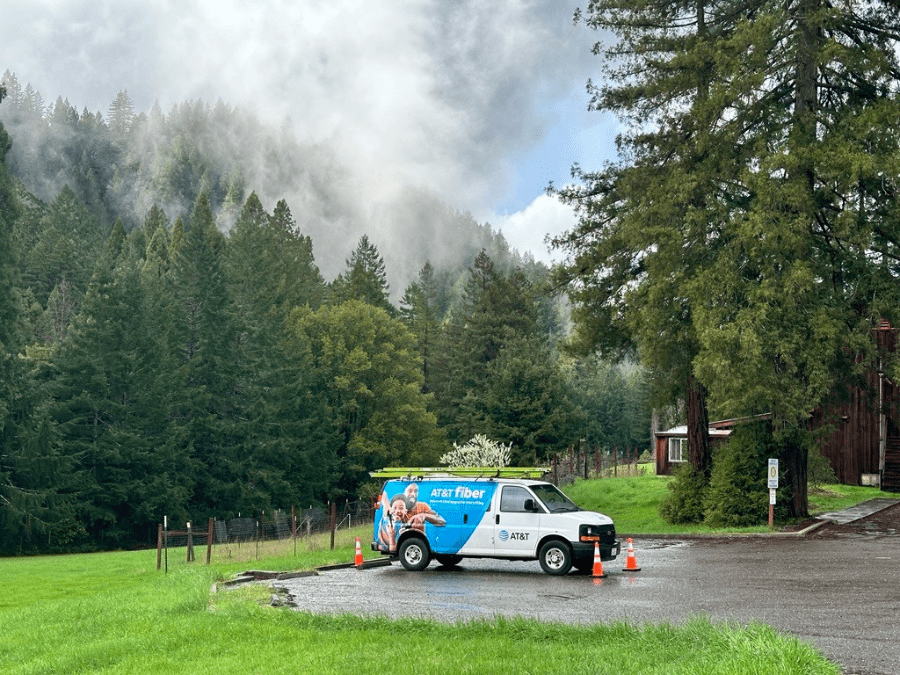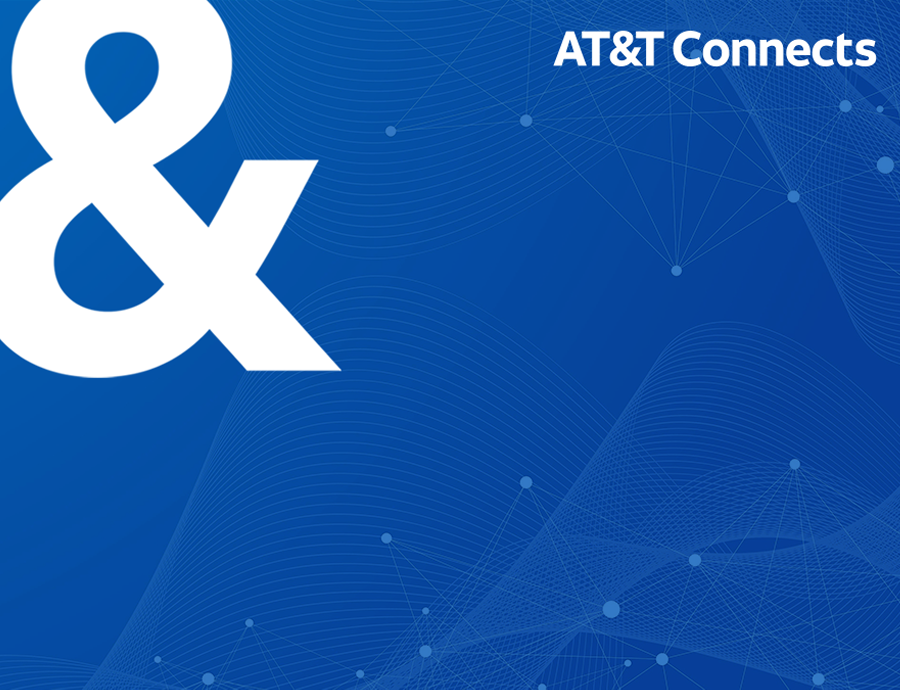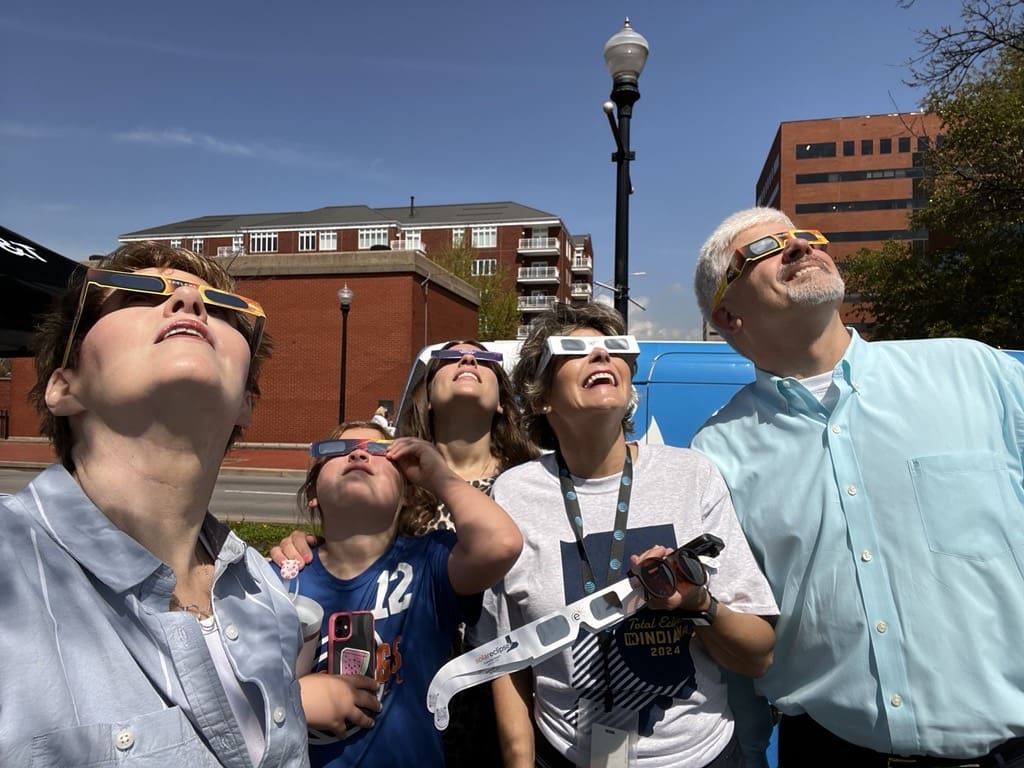Featured
By expanding broadband access and investing in America’s future, we can open a bridge to possibility for all.
Search
Filter
Location

Celebrating Central Ohio’s First AT&T Connected Learning Center
- Broadband Access and Affordability, Community Impact
- |

Outcomes Not Optics: Our Commitment to the Digital Divide
- Broadband Access and Affordability
- |

Connecting Rural California to Fiber Internet for a Better Future
- Broadband Access and Affordability
- |

Our Purpose in 2024: Connectivity and Bridging the Digital Divide in California
- Broadband Access and Affordability
- |

AT&T Statement on NTIA’s New NEPA Reviews Guidance
- AT&T Policy Statements
- |

